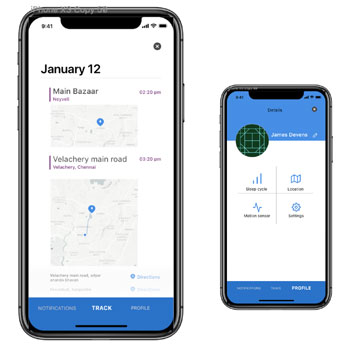Sanitation workers provide an essential public service around the world. But did you know the hazardous conditions threaten the lives of sanitation workers in low- or middle-income countries? In India, one sanitation worker dies every 5 days. Without them, we would neither be able to live peacefully nor healthy. But we barely even notice them. Are we not used to closing our mouth and nose when we cross a sewer? Then, how are we comfortable letting men work barefoot in there? Is that not turning a blind eye towards our fellow citizens? Globally, 673 million people openly defecate, while a further 881 million have toilets that do not “hygienically separate human waste from contact with people.” 2 Known as “frogmen,” “sweepers,” or “scavengers,” sanitation workers provide an essential public service by emptying septic tanks, unblocking sewers, and cleaning toilets. Ragpickers might not always enter the sewer and unclog drains, but they face a whole other range of issues. Be it picking up a human’s faeces, a dog’s, an orphaned human dead body, or a cat’s, they are responsible for cleaning them up to provide a clean city for us. While they do that every day, they do not have an identity of their own. They are not being provided ID cards, nor do they have a contract signed to claim any benefits. They are being labelled as a Dalit sanitation worker or someone who cleans the toilet. These identities stay with them all through their lives. And this is why they cannot escape this life; once you get in, there’s no way anyone can get out. Being labelled for life also has many consequences apart from the eminent danger of death. Even if you get out seeking another job to run their family, not many people are considerate enough to give jobs to people who once cleaned our streets and common toilets in our cities.


